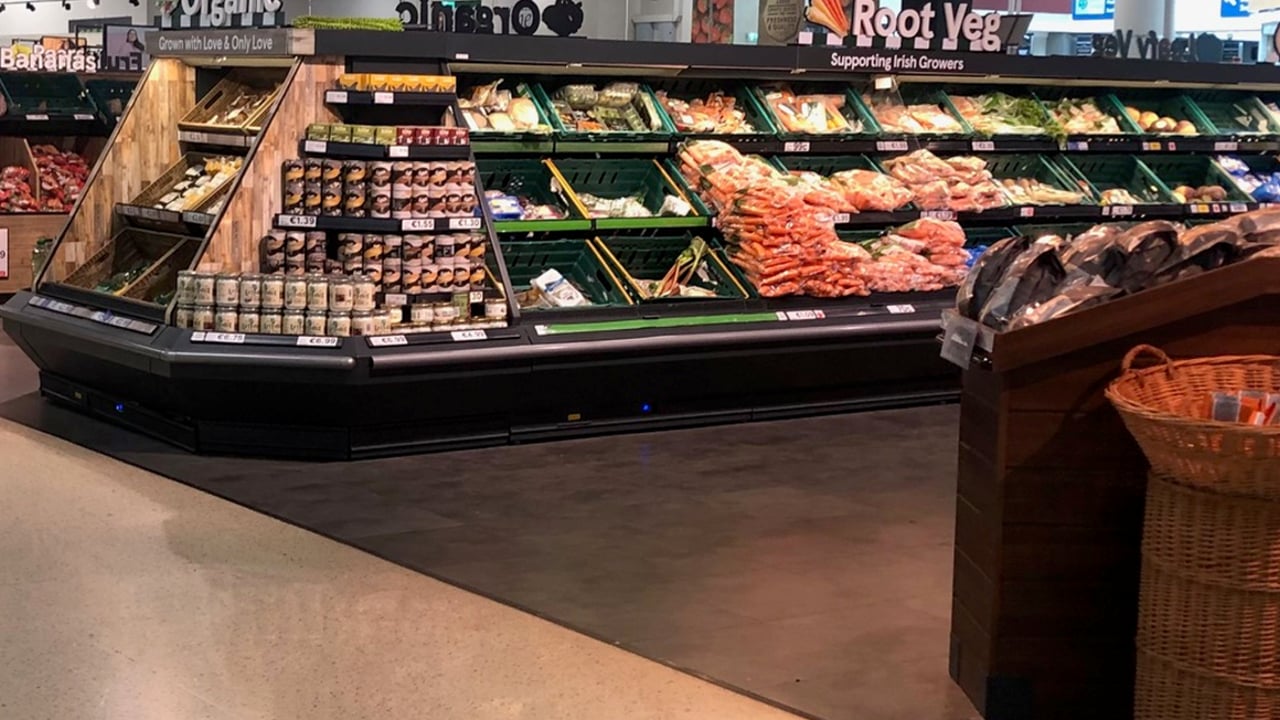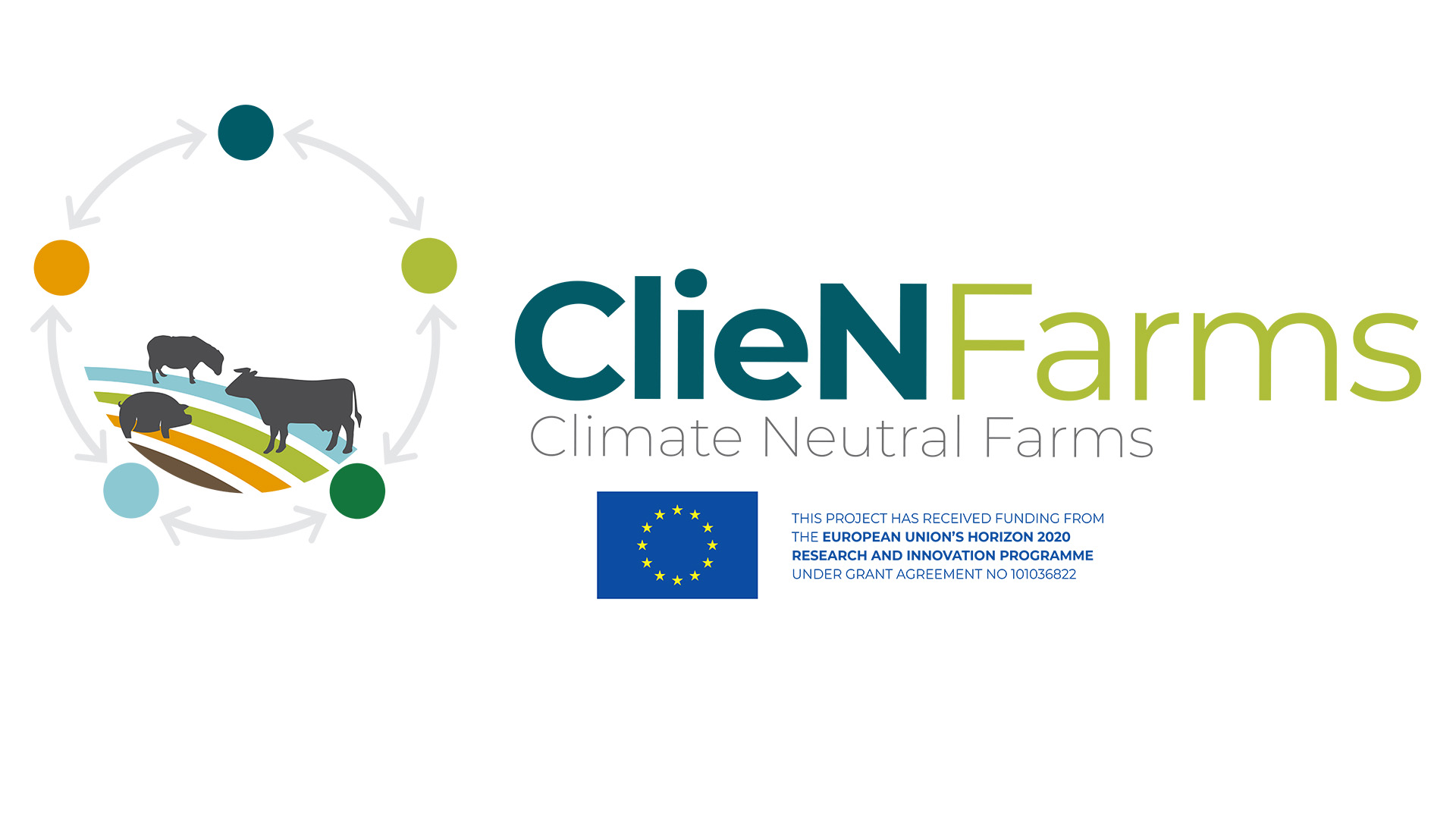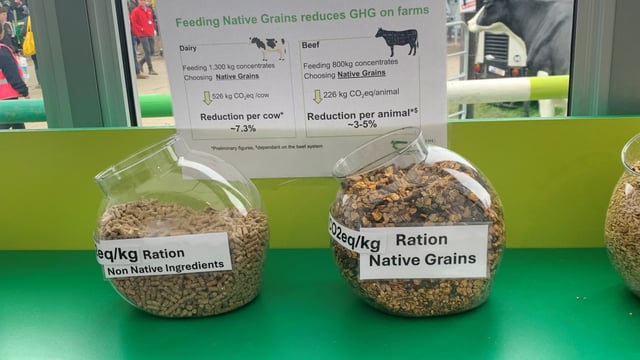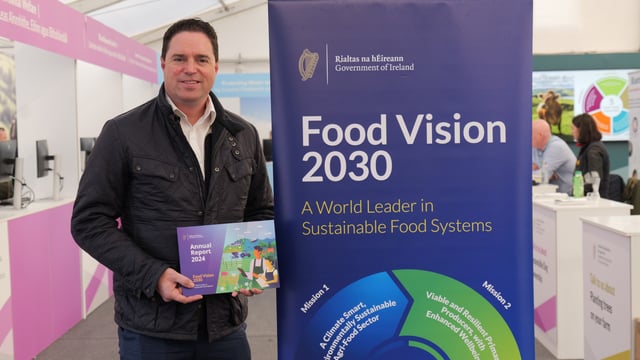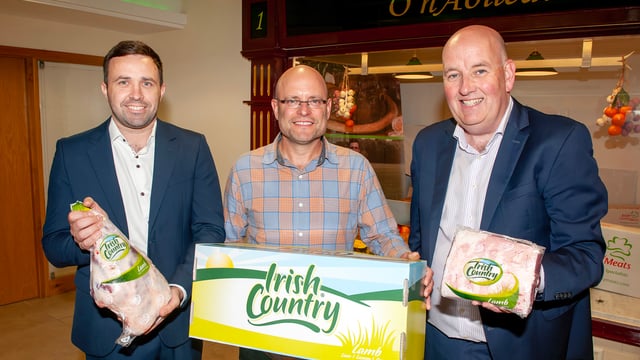Reduced farm productivity 'key reason' for food price increase
Reduced farm productivity caused by regulation in the agricultural sector, as well as low income levels, are the key reasons for recent food price increases.
That is according to analysis published by the Irish Farmers' Association (IFA), carried out by the organisation's chief economist Tadhg Buckley.
Buckley's report said that the recent increase in Irish food prices, particularly at retail or grocery level, has received significant media attention over the past number of months.
The report said that this commentary is "often failing to put any price increases into context, both in terms of what is occurring in other countries or the trends in food prices over the medium to long term in Ireland".
The increase in food prices over the past 12 months has exceeded general inflation, increasing by 5.1% in comparison with an increase of 2% in the overall Consumer Price Index (CPI).
However, while food price increases have exceeded inflation over the past 12 months, over the longer-term, food price increases have lagged significantly behind general inflation or that of other utilities, such as electricity.
Over the last 20 years, electricity prices have increased by about 10 times the rate of food prices while general inflation has increased by around 2.6 times that of food prices, the IFA report said.
It also noted that prices in 2021 were at a lower level than 2001, 20 years earlier.
"What has occurred over the last three years has seen food prices gain somewhat on CPI. It is in this context that recent food prices should be analysed," the report suggested.
It also noted that, while food prices both Ireland, the EU and the US have increased significantly since 2021, food prices in Ireland fell substantially in the prior period from 2008 to 2021, "differing significantly" from EU and US trends.
Ireland was the only country in the EU where food prices fell in the 2008 to 2021 period.
Since 2021, significant food price inflation has been evident both in Ireland and across the EU. However, the rate of increase in food prices in Ireland (27%) has been less than the EU average food price increase (35%).
Based on 2023 data from Eurostat, the average spend on food and non-alcoholic beverages across the EU was 13% of total consumer expenditure. This ranged from 20.6% in Latvia to 8.6% in Ireland, the lowest in the EU that year.
According to the CSO, Irish consumers spent a total of €13.68 billion on food and non-alcoholic beverages in 2023, while in the same period Irish consumers spent a total of €21.4 billion on restaurantsand hotels, both in Ireland an abroad.
The spend on restaurants and hotels by Irish consumers was the third highest in the EU that year, with only consumers in Malta and Cyprus spending more, according to the report.
The IFA report claimed that, while there are numerous factors that have resulted in the increase in food prices, the main ones are a reduced supply of agricultural output.
"Over the past decade, a combination of a substantial increase in regulations reducing farm productivity along with chronically low- income levels have seen a major decline in EU livestock numbers. This has been a key reason for recent food price increases," the report stated.
The report noted that, over the past decade, EU livestock numbers have fallen by around seven million, or almost 10%. Ireland’s livestock numbers have also declined in that period, with a drop of around 200,000.
The IFA said that recent proposals from the European Commission to cut funding towards the Common Agricultural Policy (CAP) by around 20% would, if they came to pass, most likely further negatively impact EU agricultural output.
The report also said that the commission is, in its own forecasts, predicting significant reductions in EU agricultural output.
IFA report
Commenting on the report, IFA president Francie Gorman said that the debate around the cost of food "should be underpinned and informed by context and relevant data".
"Everybody recognises that food costs [increased]...but costs borne by producers have also increased. For far too long, the depressed price of food gave a very false impression of what is required to produce food to the highest standards," Gorman added.
The IFA president said: "The least we can expect is that people inform themselves fully of the facts before offering views. The policy direction from the EU and the previous Irish government has been towards more regulation and less production.
"This has the inevitable consequences of higher prices. Proposals on the table at the moment don't suggest any change in that approach, so the likelihood is that prices will remain at current levels or continue to increase," Gorman added.

